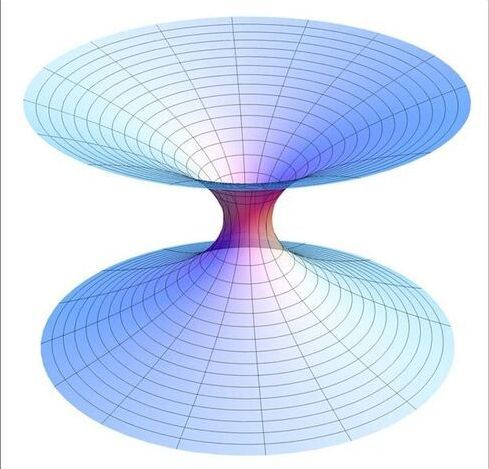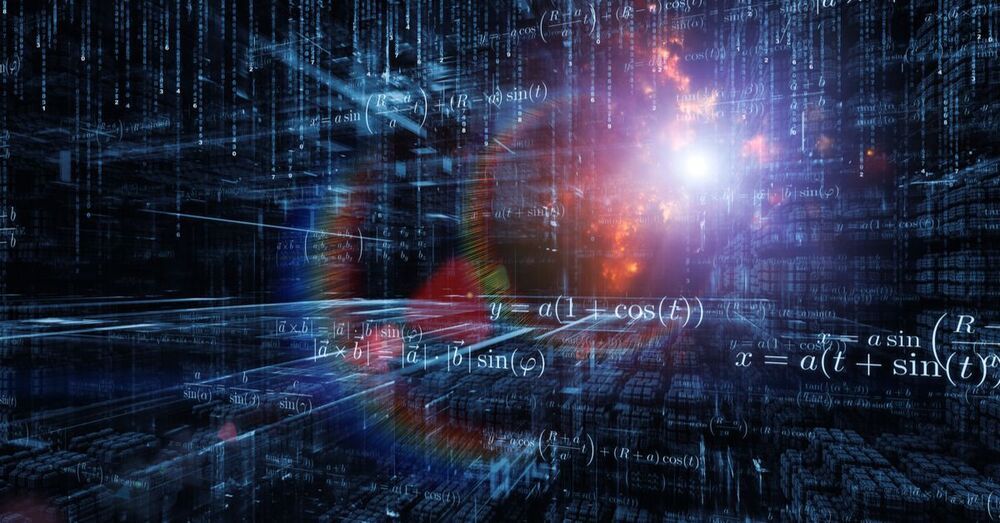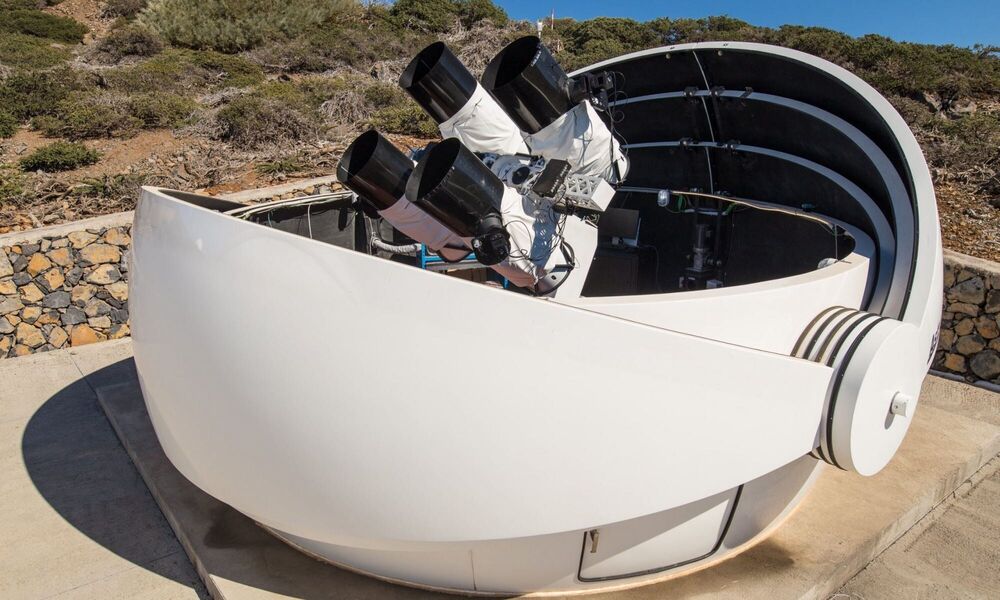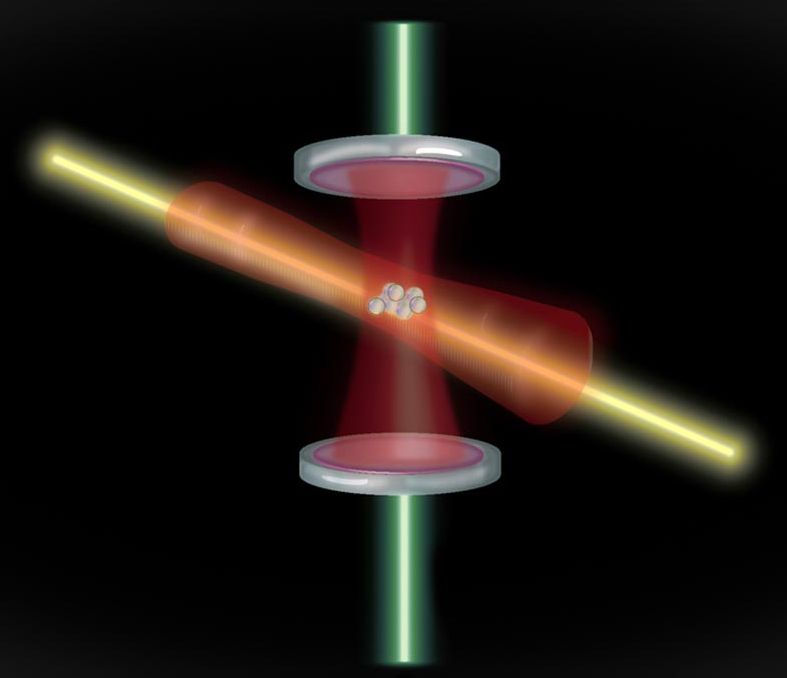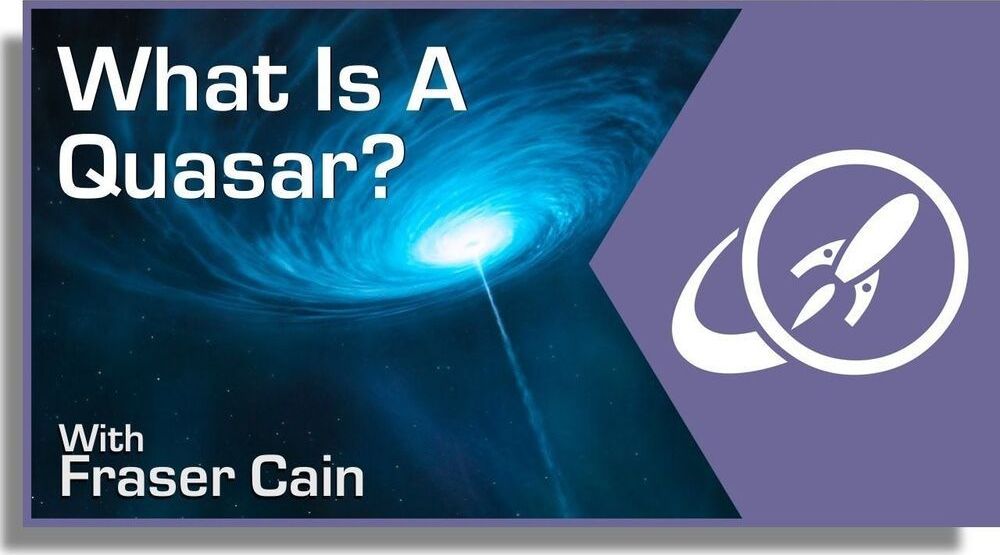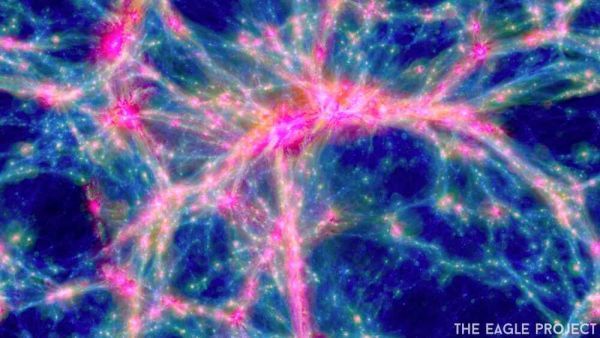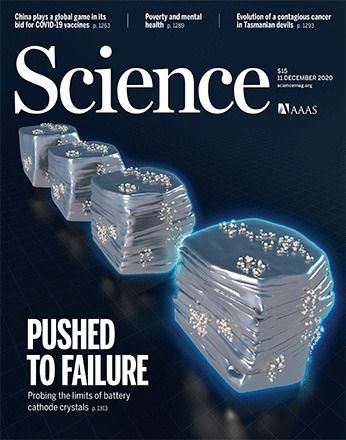
The history of the Universe thus far has certainly been eventful, marked by the primordial forging of the light elements, the birth of the first stars and their violent deaths, and the improbable origin of life on Earth. But will the excitement continue, or are we headed toward the ultimate mundanity of equilibrium in a so-called heat death? In The Janus Point, Julian Barbour takes on this and other fundamental questions, offering the reader a new perspective—illustrated with lucid examples and poetically constructed prose—on how the Universe started (or more precisely, how it did not start) and where it may be headed. This book is an engaging read, which both taught me something new about meat-and-potatoes physics and reminded me why asking fundamental questions can be so fun.
Barbour argues that there is no beginning of time. The Big Bang, he maintains, was just a very special configuration of the Universe’s fundamental building blocks, a shape he calls the Janus point. As we move away from this point, the shape changes, marking the passage of time. The “future,” he argues, lies in both directions, hence the reference to Janus, the two-faced Roman god of beginnings and transitions.
Barbour illustrates his main points with a deceptively simple model known as the three-body problem, wherein three masses are subject to mutual gravitational attraction. In this context, the Janus point occurs when all three masses momentarily occupy the same point, in what is called a total collision. The special shape at the Janus point, explains Barbour, is an equilateral triangle, which is his model’s version of the Big Bang. I found this imagery helpful when trying to understand the more abstract, and necessarily less technical, application of this concept to general relativity.

